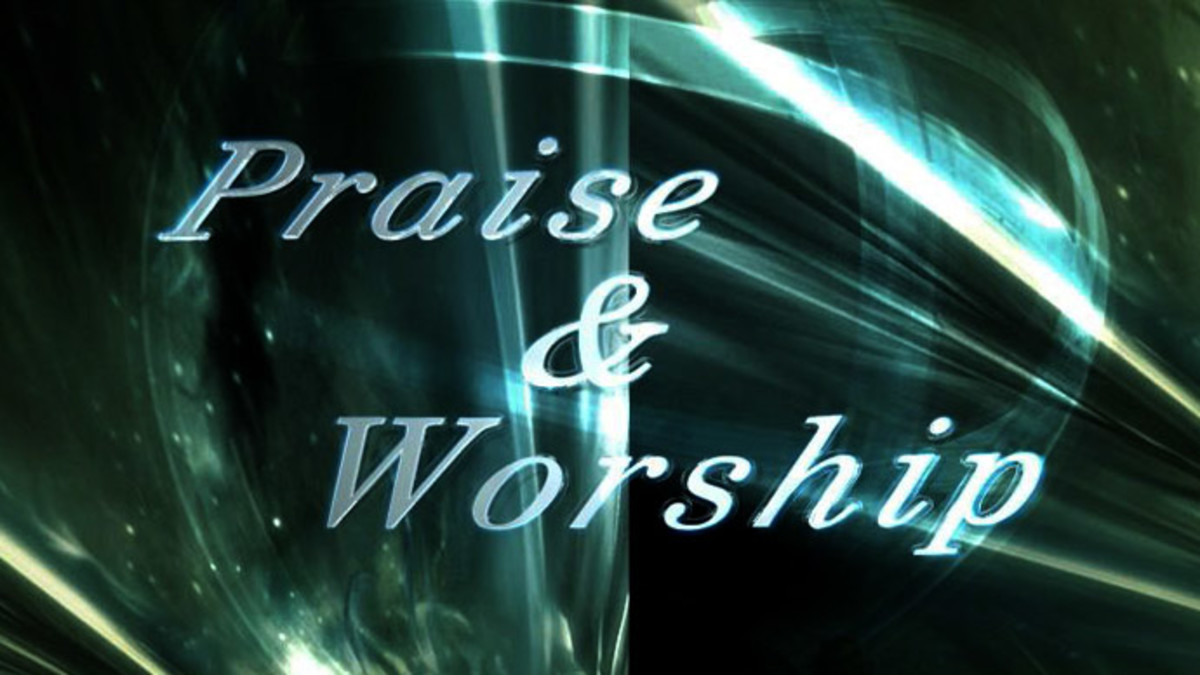Just one step closer

Sabbath
Straight and narrow is the path that leads to righteousness, so the bible say. I may be creating a schism today since the subject I am about to discuss is both popular and ‘unpopular’ in a sense that it has been accepted as something like an irrevocable norm. For one – every believer knew that the biblical Sabbath is the seventh day, or Saturday - but since everybody observes a Sabbath day during Sunday – we have assumed that this was so. Worse, we may have been lulled into believing that this is the way to go, but is it? What could be the foundation of this practice? Was it commanded in the scriptures or was this just among the ‘traditions of men’ conveniently accepted by mainstream Christianity because it’s hard to rise against the tide? Biblical definition of Sabbath is the seventh day of the week where in the beginning, God hallowed and blessed it, and He even rested having finished creating this universe – therefore He blessed this day and commanded the Israelites to observe perpetually. A day of rest that should be made holy dedicated unto the Lord, and to make it concrete – He incorporated this to the 10 commandments written by very His own fingers. So why aren’t Christians observing the seventh day of the week as Sabbath to the Lord? Why is Sunday considered as the day of worship instead of Saturday?
For one thing, this is one instance of direct disobedience to a biblical command. Why? Because, there is no absolute biblical basis for Sunday observance of worship even in the New Testament times. Amazing? The instances mentioned in the book of Acts 2:46, 20:11 where believers gather to eat bread at the first day of the week are simple gatherings to eat as most of us do today in our homes. Moreover, when Paul asked the Corinthian believers to set aside a collection at the first day of the week (1 Corinthians 16:1,2) – it was a work done to help the poor brethren and not as a worship service which most of us presume it was.

Consider these:
One interesting passage from the book of Daniel (ch. 7:25) about the beast who blasphemed the Most High and thought to change time and the law – points to days of worship. Careful study about the end-times - clearly show that the issue of contention between believers and the anti-Christ deals a lot about worship. A great deal of renowned bible scholars also agree that beast described in the book of Daniel and the Revelations pertain the papacy or the Romanism system; and all knew it was Rome who instituted Sunday worship and all other Christian denominations followed suit, without question.
Today, only a handful of Christian groups worship God during the 7th day Sabbath, while the rest do during Sundays – the first day of the week. Does it matter which day it was? Shouldn’t be the essence of worship justify Sunday as the hallowed day unto the Lord and not the literal day itself? While it is true that worship should be an expression of the heart, it should also be an inner expression of the spirit in truth. In this – perhaps most of us missed. For many years I was led to believe that as long as one will set one day of worship to the Lord, it was okay – this was the popular opinion. Many known evangelists even teach that when Jesus rose early the first day of the week, the disciples were gathered in the upper room (John 20:18-19) to worship. Careful reading of these verses though, reveal a totally different setting. They were gathered “for fear of the Jews” – simply put, they were afraid and hiding – then the Lord appeared to strengthen their faith. But why was there a need for a specific commandment to a definite day if any day is okay? Have we forgotten that each day is set by the Maker himself, or do we wilfully forget that days are foreordained by God? Here’s my argument why Saturday Sabbath should be kept as it is.
a) Sabbath keeping was commanded by God and was never rescinded. Instead it was instituted as a perpetual ordinance to be observed. (Exodus 20:8, 31:14-16, Lev. 24:8, and many more)
b) It was appointed as day of rest, attributing provision by the mighty hand of God. (Deut. 5:14-15, Mark 2:27-28, Hebrews 4:9)
c) It honours God. Non observance was considered profanity and the people of God have been warned of the consequences many times over. (Example –Exodus 31:14, Jeremiah 17:27, Matthew 12:5, John 5:18)
d) Jesus himself observed the Sabbath. (Mark 6:2, Luke 4:16, Luke 13:10)
e) Paul and the disciples observed the Sabbath as well. (Acts 13:14, 42, 44, 15:21, 17:2, 18:4)
f) Sabbath was given as a ‘sign’ of the covenant between God and his people. (Exodus 31:13-16, Ezekiel 20:12, 20) And may I add – that sign was never revoked. (This part might be scary – what if this ‘sign’ is the same as the ‘seal’ marked on the foreheads of the redeemed? - Revelations 9:4 – not the literal forehead but what it represents – the mind of believers? Does it connect when the Lord said in the last days He will put His laws in the hearts and write them on their mind – no longer on tablets of stone? Hebrews 8:10, 10:16)
g) If you believe the 10 commandments and obey them, why not the 4th commandment which is - the Sabbath day observance? Isn’t it ignoring one is also breaking the other laws? (James 2:10)
h) If Christians today are living in the dispensation of grace, not by the law – are we obliged to obey the law? (i.e. 10 commandments) But didn’t the Lord said – he did not come to abolish the law but to fulfil them? Matthew 5:17 (for Christ is the fulfilment of the law – then it still stands!)
i) There is no biblical evidence that the early church ever worshipped on the first day of the week. It was not even taught nor encouraged.
j) In the Roman calendar – Sunday originally was dedicated to the sun-god, hence Sunday was designated as the day of pagan worship. Considering that Sunday observance was made to offset this day of pagan worship since it was assumed at that time that Rome was Christianized. Will that ground enough to invalidate Saturday as worship day? Or are Christians merely ‘honouring God with their lips, but their hearts are far from Him? (Jesus called it – vain worship). Thereby observing the “traditions of men” and making the commandments of God void? Or is contemporary Christianity been paganised, only that believers are either reluctant or blind enough to acknowledge it? Or did most believers been blinded to this fact?
Every honest Christian should endeavour to observe every command specially those that are explicitly stated in the scriptures as an endowment of our love and devotion to the Lord; the One who did all what it takes so that you and I may have a part in his divine plan – a blissful future! This is a struggle that we can’t afford to ignore. The good news is that He is along side with our struggles being the perpetual Jehovah-shama! In the end – this may just be the only ‘sign’ left to identify true worshippers. Remember, there is a great apostasy right here, right now in mainstream Christian churches. Worship will be the key issue in the battle of Armageddon. Satan craves to be worshipped and working overtime to usurp even the people of God. Indeed – narrow is the way that leads to righteousness and life, for how can one swim against the current of our world systems we have today? Take heart believer, as has been declared – “they overcame by the blood of the Lamb” – so be it. Check the scriptures and listen to the Spirit. Will you stand and be counted today?






